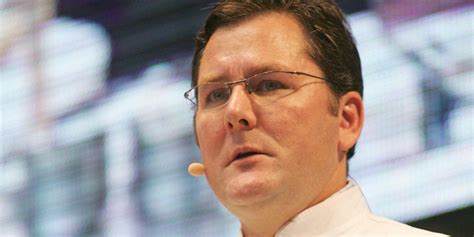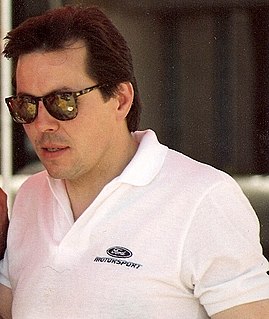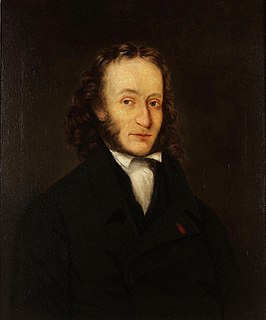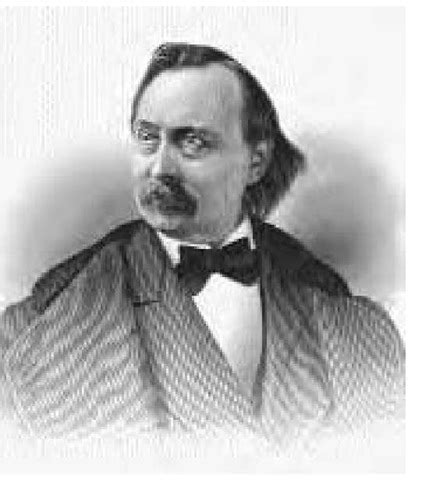A Quote by Ambrose Bierce
PERFECTION, n. An imaginary state of quality distinguished from the actual by an element known as excellence; an attribute of the critic. The editor of an English magazine having received a letter pointing out the erroneous nature of his views and style, and signed "Perfection," promptly wrote at the foot of the letter: "I don't agree with you," and mailed it to Matthew Arnold.
Related Quotes
I wrote a letter to the magazine [Time magazine] pointing out that [Richard] Corliss's comparison of Christopher Lee's Saruman to Osama Bin Laden, and the vastly outnumbered defenders of Helm's Deep united against the Orcs to the "Coalition of the Willing" fighting the good fight against Muslim hordes, displayed the simplistic, xenophobic, and arrogant worldview that makes the government of the United States feared and mistrusted around the world. The editors claimed they had no space to print my brief letter, which I felt was dishonest and cowardly.
In this state one enriches everything out of one's own fullness: whatever one sees, whatever wills is seen swelled, taut, strong, overloaded with strength. A man in this state transforms things until they mirror his power—until they are reflections of his perfection. This having to transform into perfection is—art.
Perfection. Excellence. What a passionate lover. But once having tasted the lips of excellence, once having given oneself to its perfection, how dreary and burdensome and filled with anomie are the remainder of one's waking hours trapped in the shackled lock-step of the merely ordinary, the barely acceptable, the just okay and not a stroke better.
[Larry Kramer] even wrote this angry letter to the president of Yale, and in it he said what he said to us, that he was so disappointed in his straight friends because of AIDS and everything. He wrote the letter around March. And in it he wrote, "I usually go to the Trillins for Christmas, but I just couldn't do it this year."
The most famous self-made man in the world today is our own Edison. Talk with Mr. Edison and he will tell you he owes much if not most of his success to omnivorous reading. Forbes is one of his favorite publications. How closely he reads it can be gathered from a letter just received from him in which he asks the editor to forward a long analytical letter to the writer of a series of articles which contained two figures Mr. Edison questions, and he wants to know exactly on what authority or investigation they were based. Both letters were the product of Mr. Edison and were signed by him.
I have always looked at it this way: If you strive like crazy for perfection - an all-out assault on total perfection - at the very least you will hit a high level of excellence, and then you might be able to sleep at night. To accomplish something truly significant, excellence has to become a life plan.
Darling, You asked me to write you a letter, so I am writing you a letter. I do not know why I am writing you this letter, or what this letter is supposed to be about, but I am writing it nonetheless, because I love you very much and trust that you have some good purpose for having me write this letter. I hope that one day you will have the experience of doing something you do not understand for someone you love. Your father
On December 12, 1829, Paganini wrote his friend Germi: "The variations I've composed on the graceful Neapolitan ditty, 'Oh Mamma, Mama Cara,' outshine everything. I can't describe it!" He was writing from Karlsruhe, in the midst of his triumphal tour through Germany. That letter marks the earliest known mention of the variations that would become famous as "The Carnival of Venice." At the time of his letter, Paganini had already performed the piece in at least four concerts. From then on, it would be one of his most popular compositions.
God wanted man to know him somehow through his creatures, and since no creature could fittingly reflect the infinite perfection of the Creator, he multiplied his creatures and gave a certain goodness and perfection to each of them so that from them we could judge the goodness and perfection of the Creator, who embraces infinite perfection in the perfection of his one and utterly simple essence.






























